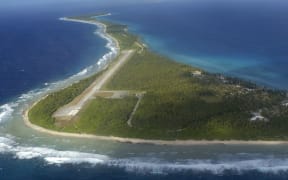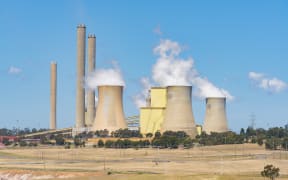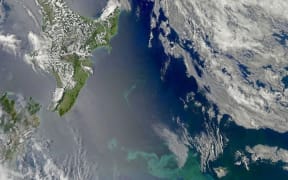The Marshall Islands have released a comprehensive climate strategy to go carbon-neutral by 2050, becoming the first island nation to do so.
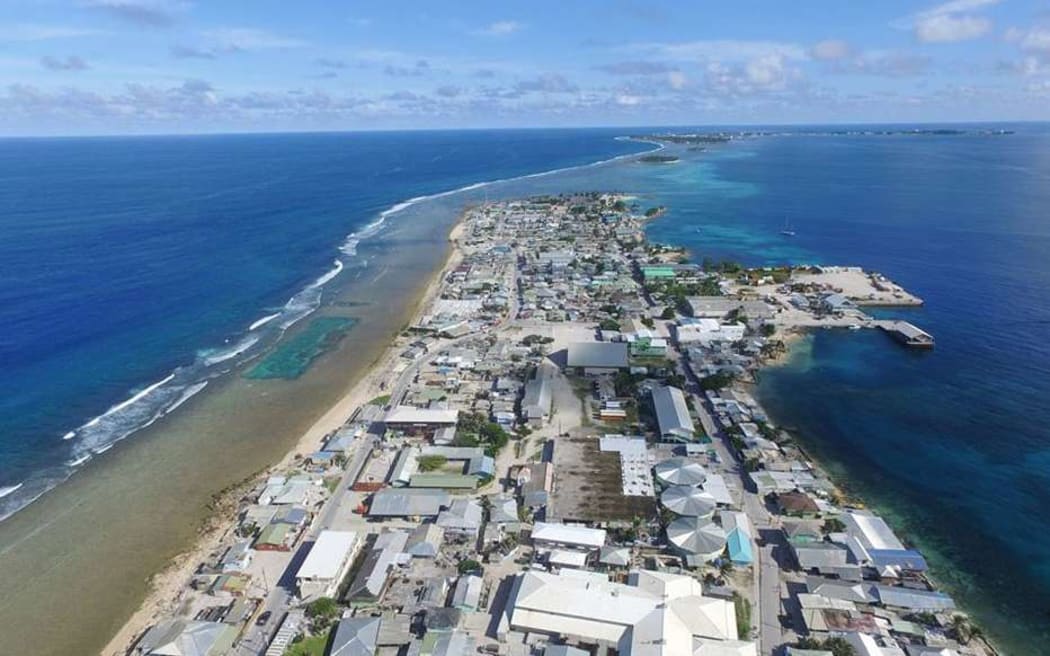
A drone photo shows the southern portion of Ebeye Island with the Kwajalein Army base headquarters island in the distance. The island is currently experiencing ongoing power outages for lack of generators. Photo: Anjojo Kabua
Pacnews reports the government in a statement said its proposal paves the way for the Marshall Islands to increase their 2025 climate target before 2020.
"Once again, my country has shown that if one of the smallest and most isolated nations can do it - so can everyone else, including the big emitters. Making the transition to net zero emissions makes sense for our global economy and for our environment, as well as for our people and our planet," Hilda Heine, the president of the Marshall Islands, said.
Dubbed Tile Til Eo - "Lighting the Way" in Marshallese - the plan would slash emissions in the transport, energy and waste sectors. It singled out waste as "growing problem" in the nation and urged lawmakers to explore ways to produce energy from it.
The plan also notes that one third of the country's domestic emissions are from shipping.
The nation has the second largest shipping registry in the world, lending its flag to thousands of cargo ships, oil rigs and tankers.
It has also campaigned for the shipping industry to reduce its impact on the climate.
Full decarbonisation of the global shipping sector "appears to be unfeasible in the medium term", said the plan.
But it added that "successful adoption of nascent low- or zero-carbon sea transport technologies at home could have ripple effects across the international shipping sector at large".
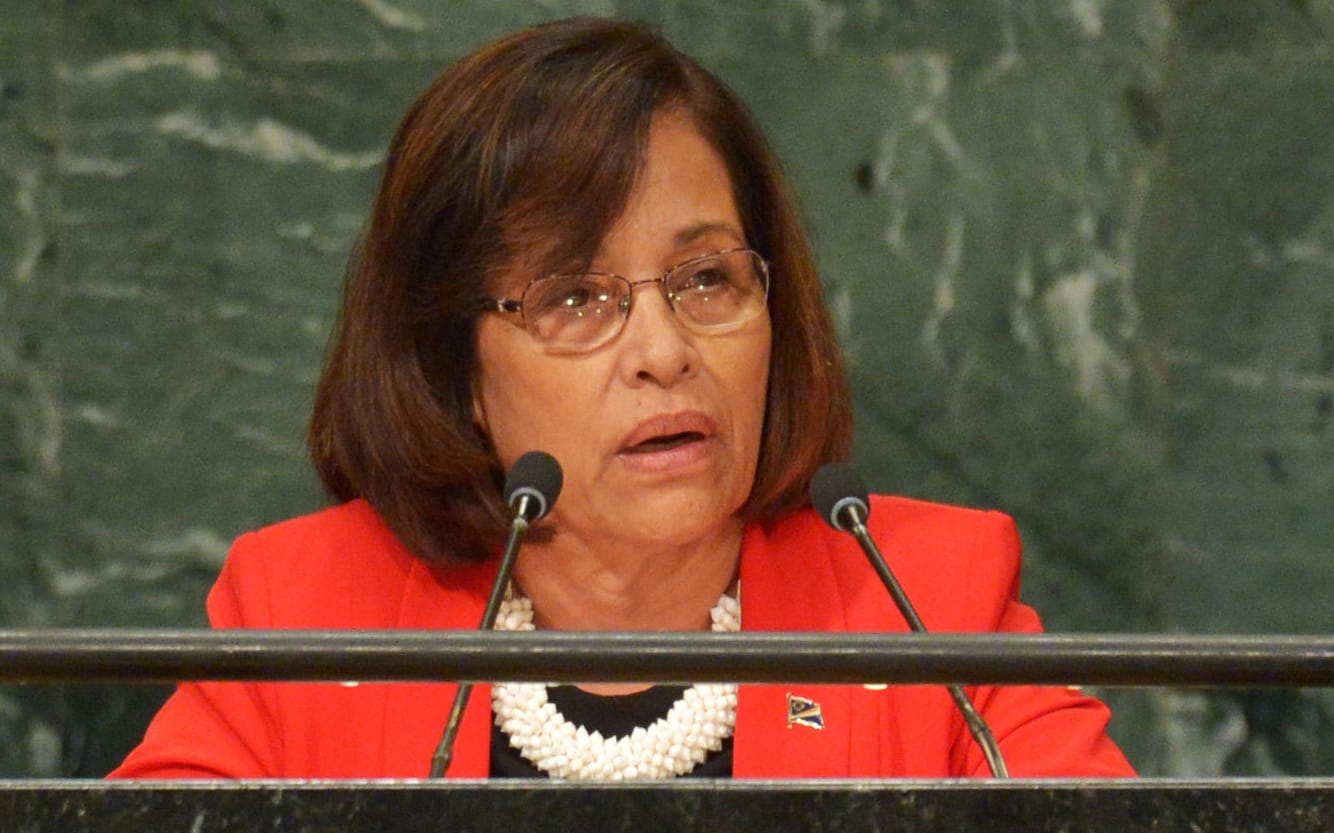
Hilda Heine, President of the Marshall Islands, addresses the 71st session of the United Nations General Assembly at the UN headquarters in New York on September 22, 2016. Photo: DOMINICK REUTER / AFP
The plans authors also suggested the Marshall Islands issue a National Adaptation Plan by 2019 that would set out - and budget - measures to adapt to impacts of climate change.
Legislators should consider inscribing the measures into law and installing a system to review them, the document added.
It said the United Kingdom's 2008 Climate Change Act, which monitors climate efforts every five years, would provide a model for such a tool.
The Marshall Islands are the tenth country to submit a long-term decarbonization pathway to the UN Framework Convention on Climate Change as called for under the Paris Agreement.
Following the release of the report, Hilda Heine urged all countries to follow in the Marshall Islands' footsteps by raising their 2025 climate targets.

Marshall Islands Minister of Environment David Paul Photo: Office of the President Marshall Islands
The Marshall Islands environment minister David Paul said it was all about showing leadership.
"We wanted to not just talk-the-talk but actually walk-the-walk. By producing something that, as ambitious as it is, it can demonstrate to the rest of the world that if we can do it so can they."
- PACNEWS / ABC
